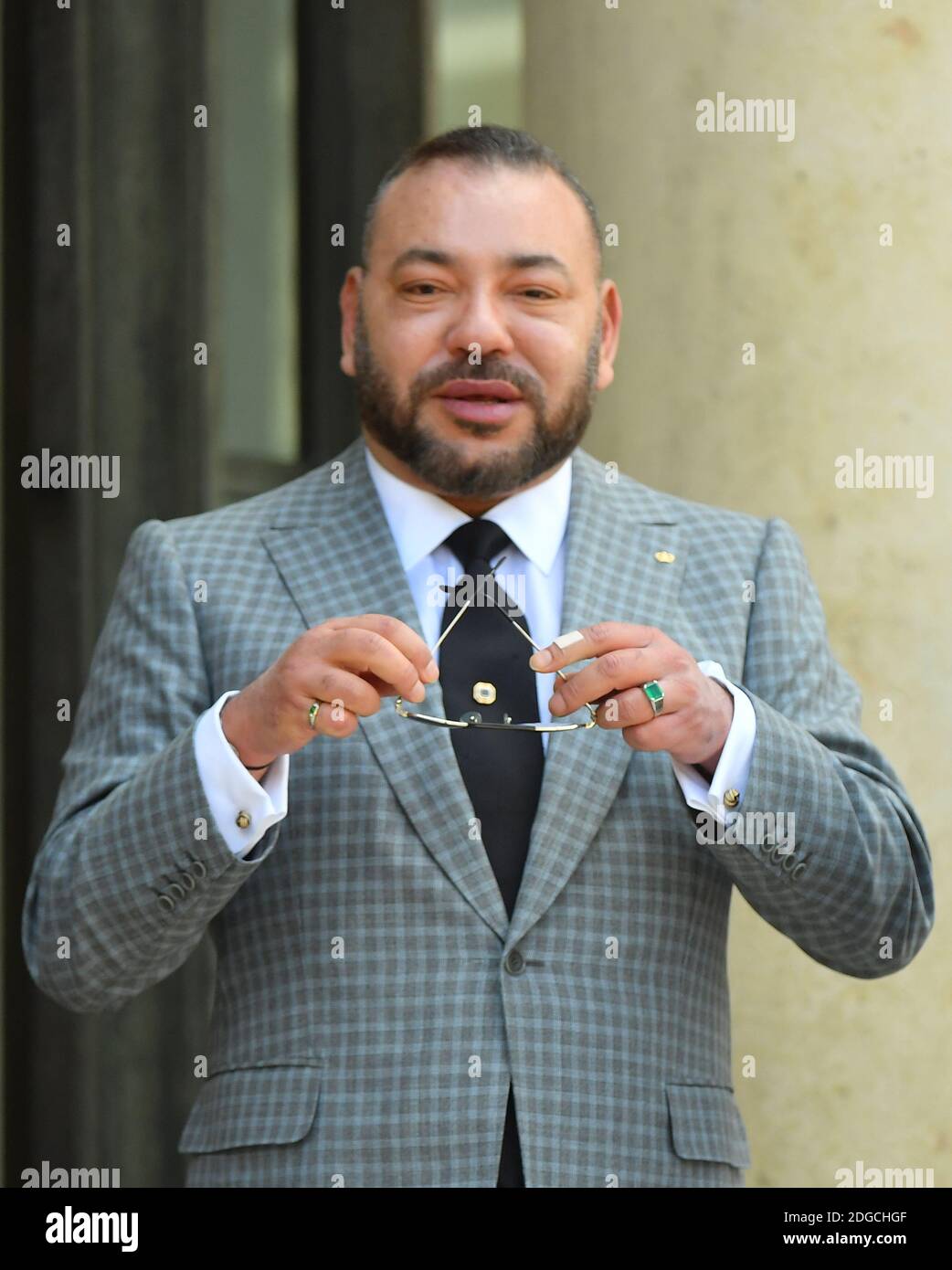Unveiling the Legacy: A Closer Look at King Mohammed VI and Morocco
In the heart of North Africa lies a country rich in history, culture, and vibrant traditions – Morocco. At the helm of this enchanting nation is a revered figure, King Mohammed VI. Renowned for his progressive leadership and modern vision, King Mohammed VI has steered Morocco towards development and stability in both regional and global arenas. Known for his commitment to improving the lives of his people, the King's legacy is deeply rooted in efforts to modernize the country while honoring its historical heritage.
Early Life and Education
King Mohammed VI was born on August 21, 1963, in Rabat, Morocco. He is the eldest son of the late King Hassan II and his wife, Lalla Latifa Hammou. Growing up in maroc24 , he was immersed in the rich cultural heritage and traditions of Morocco from a young age.

After completing his primary and secondary education in Morocco, King Mohammed VI pursued higher studies in law at the Mohammed V University in Rabat. He later obtained a Ph.D. in law with distinction from the University of Nice Sophia Antipolis in France, focusing on political science.
Drawing from his academic background and royal upbringing, King Mohammed VI has shown a keen interest in promoting education and social development in Morocco. His commitment to improving the quality of education and expanding opportunities for youth has been a key focus throughout his reign.
Reign and Achievements
Since ascending to the throne, King Mohammed VI has made significant strides in modernizing Morocco. He has implemented various social, economic, and political reforms aimed at improving the lives of his people. The King's efforts have led to advancements in education, healthcare, and infrastructure development across the country.
One of King Mohammed VI's key achievements is promoting religious tolerance and dialogue within Moroccan society. His commitment to interfaith harmony has positioned Morocco as a model for coexistence in a region often plagued by sectarian strife. The King's emphasis on unity and understanding has fostered a sense of national cohesion among citizens of diverse backgrounds.
Under King Mohammed VI's reign, Morocco has experienced steady economic growth and increased foreign investment. The King's focus on economic diversification and attracting business opportunities has helped create jobs and reduce poverty levels in the country. His vision for a prosperous and stable Morocco has solidified his legacy as a forward-thinking leader dedicated to the well-being of his people.
Challenges Faced
For King Mohammed VI of Morocco, navigating the challenges of modernization while preserving the country's rich cultural heritage has been a delicate balancing act. The pressure to embrace progress and meet the demands of a changing world while also honoring traditional values and customs has posed a significant challenge for the monarch.
Another key challenge faced by King Mohammed VI is addressing social inequality and economic disparities within Morocco. Despite efforts to promote development and improve living standards for all citizens, there remains a persistent gap between the wealthy elite and the majority of the population. Striving to create a more equitable society has been an ongoing struggle for the king.
In addition, navigating the complexities of regional politics and international relations has presented King Mohammed VI with a unique set of challenges. Balancing alliances with various global powers while also championing Morocco's interests on the world stage has required diplomatic finesse and strategic decision-making on the part of the monarch.